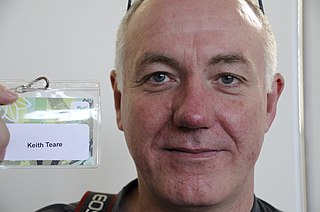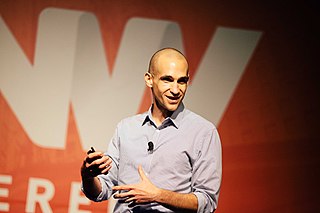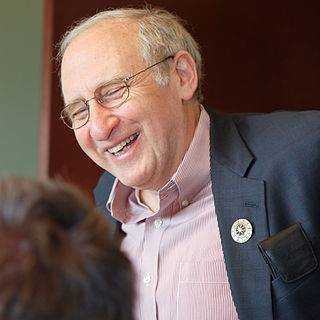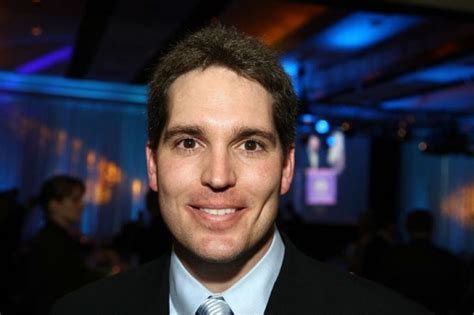A Quote by Mark Zuckerberg
On engagement, we're already seeing that mobile users are more likely to be daily active users than desktop users. They're more likely to use Facebook six or seven days of the week.
Related Quotes
On the Facebook side, I think it's a bit of an evolution, in that that company, which has clearly done amazing things, was, I believe, as an outsider looking in, was founded on a culture that was obsessive about the users. And they built a service that is very valuable for users, and that is to be applauded.
On the Web, usability is a necessary condition for survival. If a website is difficult to use, people leave. If the homepage fails to clearly state what a company offers and what users can do on the site, people leave. If users get lost on a website, they leave. If a website's information is hard to read or doesn't answer users' key questions, they leave. Note a pattern here?



































